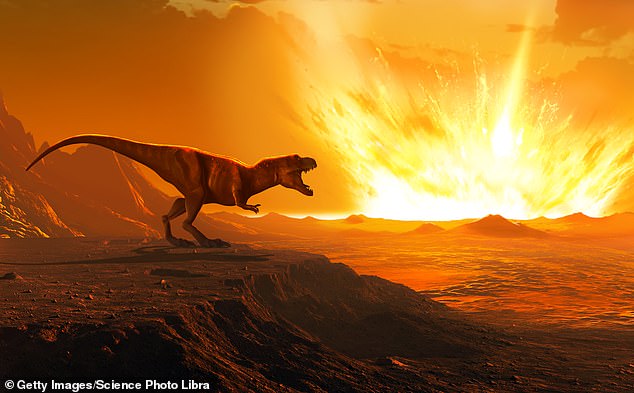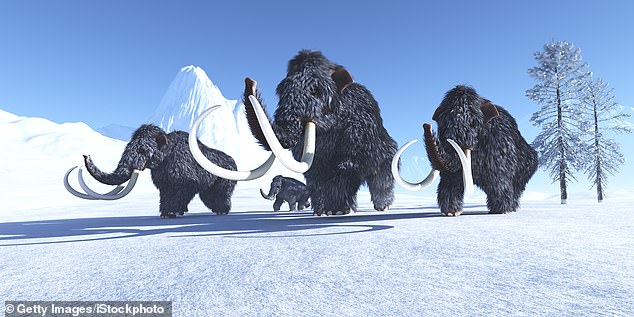Why are scientists looking for the Higgs boson’s closest friend?
Scientists at the world’s largest physics experiment have reported the most precise measurement of the most massive subatomic particle we know. The discovery sounds esoteric, but it would not be an understatement to say that it has implications for the entire universe. The Greek philosopher Empedocles hypothesized 2,400 years ago that matter could be broken … Read more



